In many obvious ways, the past year is a period that would best be forgotten. A once-in-a-century pandemic that brought with it a high death toll and sickness, loneliness and depression, economic pain and house evictions.
It was also a year of catastrophes: from the worst cyclone to have ever hit Somalia, some of the worst floods in the Sahel (in Senegal, where I live, there was more rainfall in one day than the total amount that usually falls during the entire three-months rainy season) and devastating locust attacks in East Africa, to fires in California, Siberi and Australia, to Asia’s intense monsoon season, during which more than a quarter of Bangladesh was under water. Add to that the pristine lagoons of Mauritius that were drenched in oil and a gigantic palm oil plantation erected in the heart of the Congo basin rainforest, and you would really wish to put the bedtime horror story of 2020 aside.
Yet it wasn’t a nightmare and it does not disappear once we crack the champagne bottle at midnight. If corporations, governments and ordinary citizens continue to act like they do, 2020 could become new normal. The Coronavirus is most probably a zoonotic disease, the kind that is born in animals and which spreads more easily with deforestation or industrial farming. Extreme weather is greatly explained by our choices to burn fossil fuels, plunder our oceans and trash our forests. Lockdowns caused enormous damage (at least to most of us), although it brought a short hiatus in emissions, humanity remains on the same trajectory.
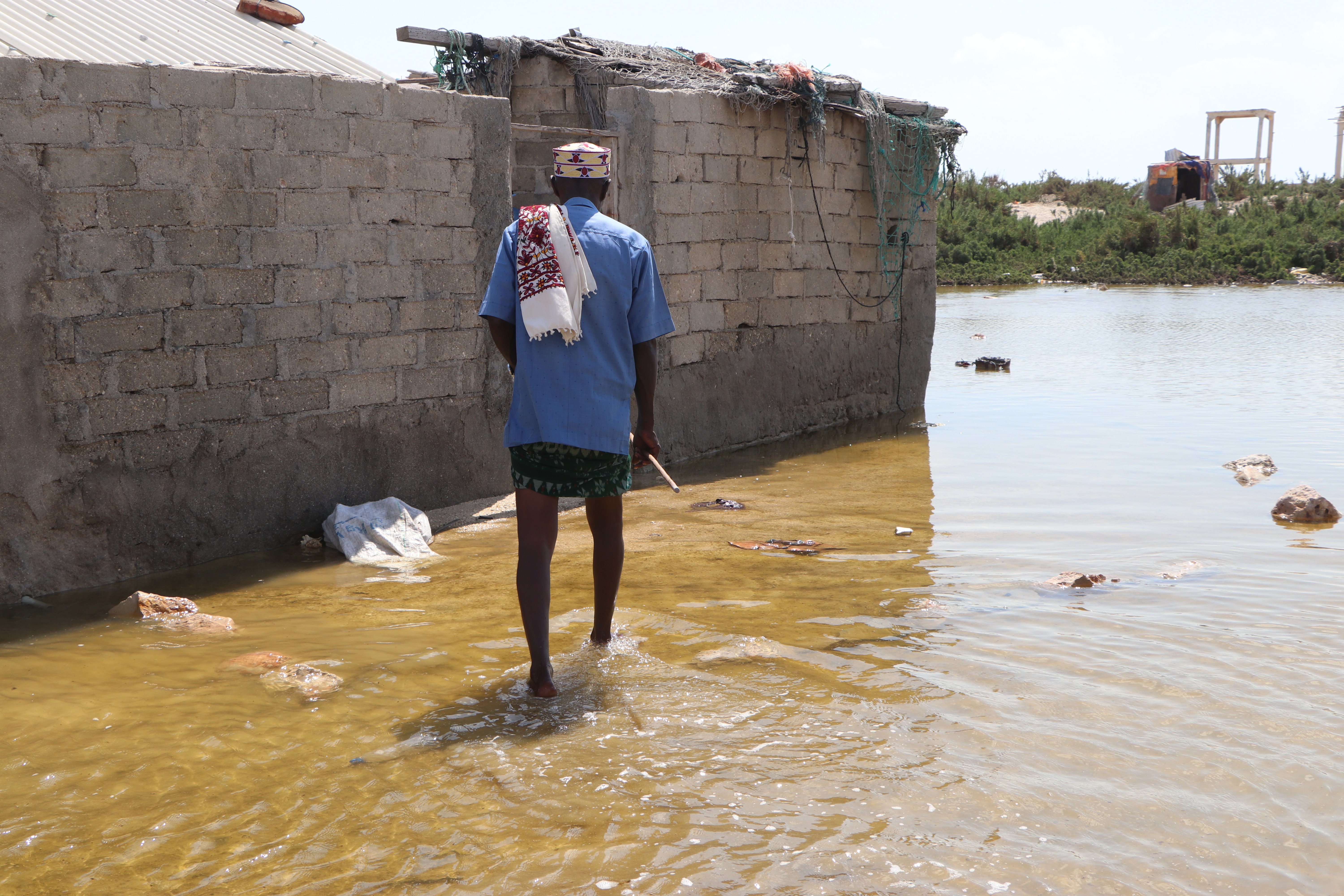
All these misfortunes can also be a blessing, if we draw the right lessons. Before we toss away the past year, here are 20 things to keep from 2020 (presented in no particular order):
1. Masks, clean hands and a healthy distance
Covering one’s face, washing hands and keeping distance from others were the most basic steps that the World Health Organisation has recommended in order to stop COVID-19 from spreading. These are measures to keep for the future as well, even if and when this pandemic is over, as they can help slow down the spread of other viruses too. Keeping in mind the pollution it causes, consider the expert support for reusable masks. It’s easy to make one yourself.
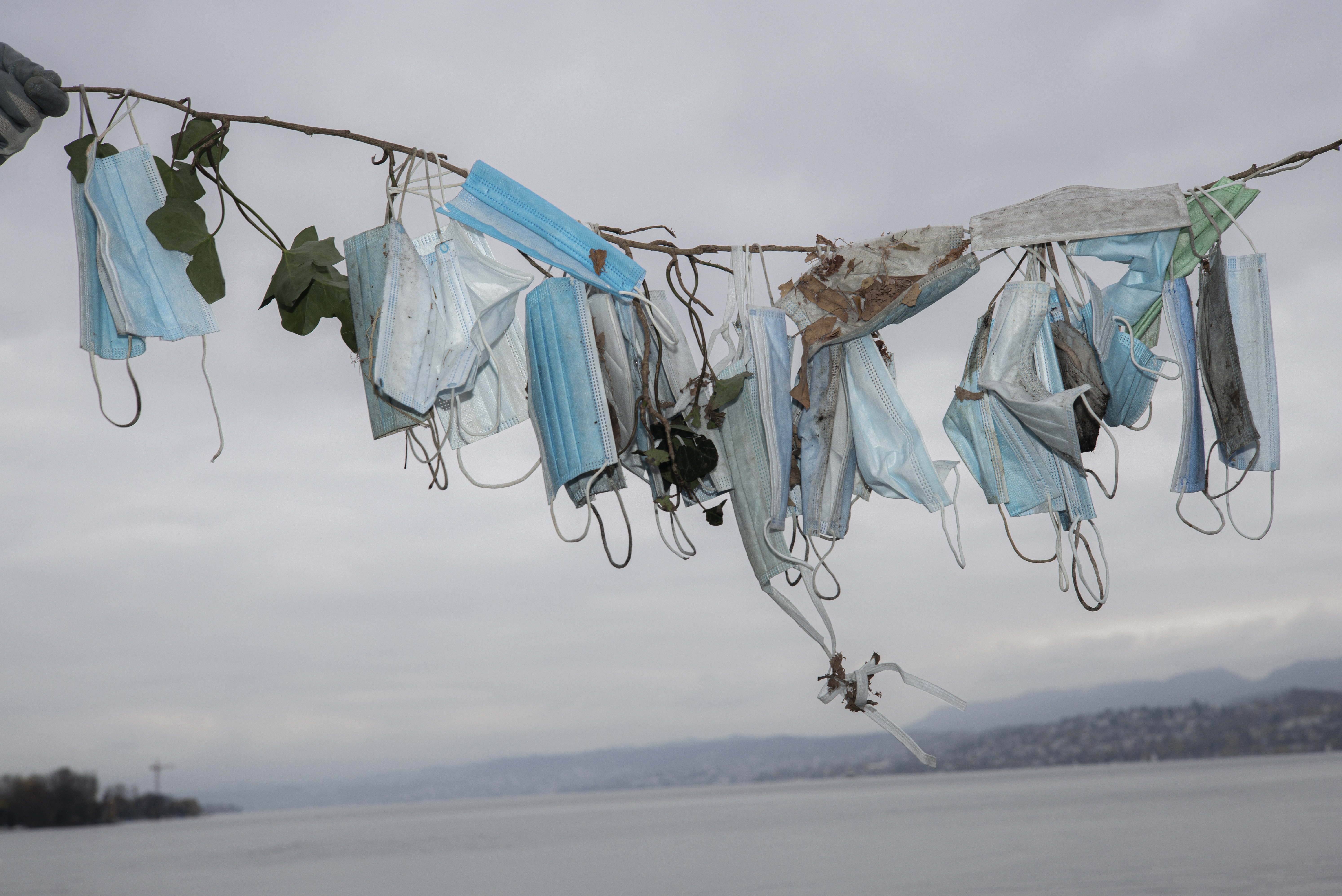
2. Home office
Accelerated in 2020, some adaptation, the countless benefits of shifting to remote work became apparent: it saves travel time and costs and it reduces pollution. It can minimise social gaps, increase family time and give new opportunities to people with disabilities.
3. Domestic holidays and Zoom meetings
In 2015 the world has agreed to cut down on CO2 emissions, but some industries have opted out. Until recently, “the aviation sector could emit 56 GtCO2 over the period 2016-2050, or one-quarter of the remaining carbon budget”, but this year has brought a serious and necessary drop in air travel (rising only slightly during the holiday season). The bailouts that airlines received from governments have been shameful, since these companies have largely handed out their profits as generous dividends instead of investing in climate resilience. The opportunity that 2020 gave many of us was to rediscover the efficiency of Zoom meetings over face-to-face ones (without the jetlag and wasted travel time/costs), as well as the beauty of local tourism. This is another lesson for 2021.
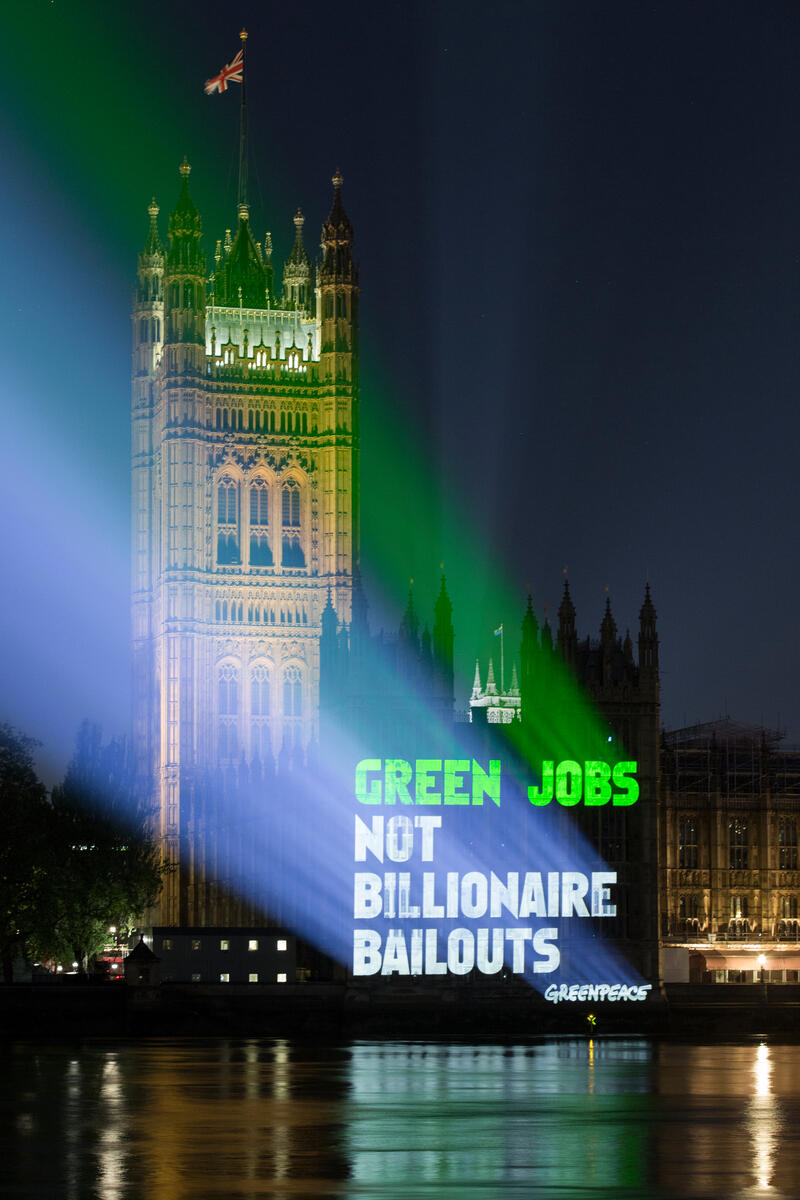
4. Resist single-use. Reuse
If business goes on as usual, the world will be flooded with litter and above all with plastic waste. Humans use up to 10 million plastic bags per minute. A recent study shows that plastic pollution flowing into oceans will triple by 2040. During the pandemic there was a rise in single-use plastic and the movement to ban their usage was undermined. The heaps of rubbish we use is breathing life into the fossil fuel industry, while threatening biodiversity and our health (among other risks, digested or inhaled micro/nano plastic particles can cause asthma, infertility and cancer).
There are many things to do against single-use plastic pollution, but the most important measure is reduction. The first step is to get rid of the delusion that any plastic consumed will simply disappear. Even when you throw it away, it doesn’t degrade. Not in our lifetime.
The mindset shift that is needed involves saying “no thank you” to any single-use wrapping or other item you can. In 2021, try carrying a reusable bag/container with you, just like you carry your house key, credit card or mobile phone.
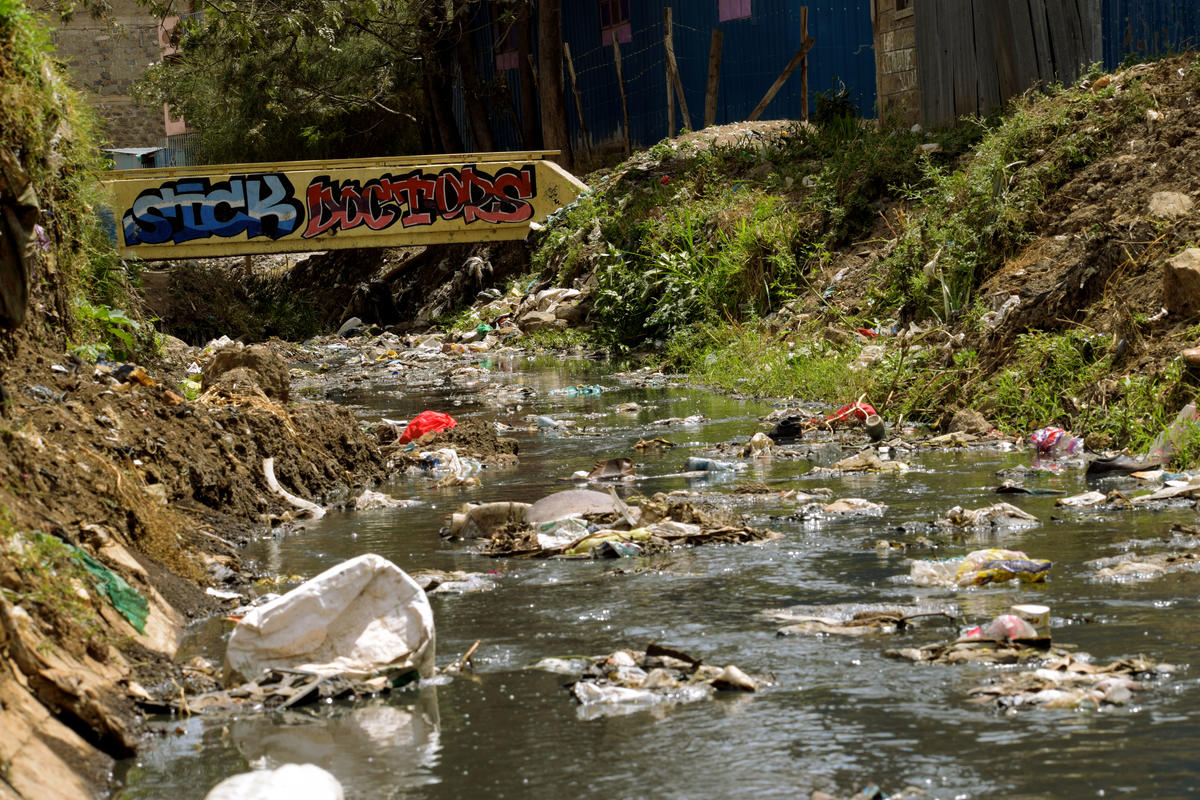
5. Hold on to your smartphone and laptop
2020 has made many of us more resilient and it’s also left many of us in a more precarious financial situation. These are just two reasons to resist the advertisement campaigns and the social pressure and keep your old mobile devices for as long as possible. Try repairing them when they start breaking down. Buying a new one should be the last choice. A third reason to resist buying a new device is our planet. Greenpeace USA study shows:
- as much of 80% of the carbon pollution associated with our electronics happens before we even turn them on. Since electronics manufacturing is concentrated in China, where coal is a dominant source of energy, more gadgets being made means more carbon pollution in an area where air pollution already negatively impacts people.
- For the 100g of minerals in each smartphone, miners must dig, chip and process more than 340 times as much rock.
- In 2017, global e-waste volumes were projected to hit 65 million tons, enough to bury Cape Town at a depth of more than 1 metre!
6. Wash that dress! Repair that shirt!
2020 was also the year when we learned that fast fashion is speeding toward environmental disaster. The fashion industry is pushing us to buy more and more, year-round, that there’s not even demand left for them as charity. Many of us could stay in our pyjamas during much of 2020’s lockdowns, but even when we go out again as usual in 2021 – let us do it in the clothes we already have. If that dress smells funny, wash it. If that shirt has a hole, sew it up.
7. Together is better: join an organisation
“If you wish to prevent the dystopian scenarios of the 21st century, there are many things you can do. But the most important thing is to join an organisation. Cooperation is what makes humans powerful,” says historian and philosopher Yuval Noah-Harari. COVID-19 is going to leave many NGOs more vulnerable than ever.
50 separate actions by 50 individuals will not have the same impact as a concerted effort by 50 people working together. Donating one’s time or money at a time of crisis is difficult, but it’s the most effective thing to do in 2021 to ensure we come out of this crisis stronger.
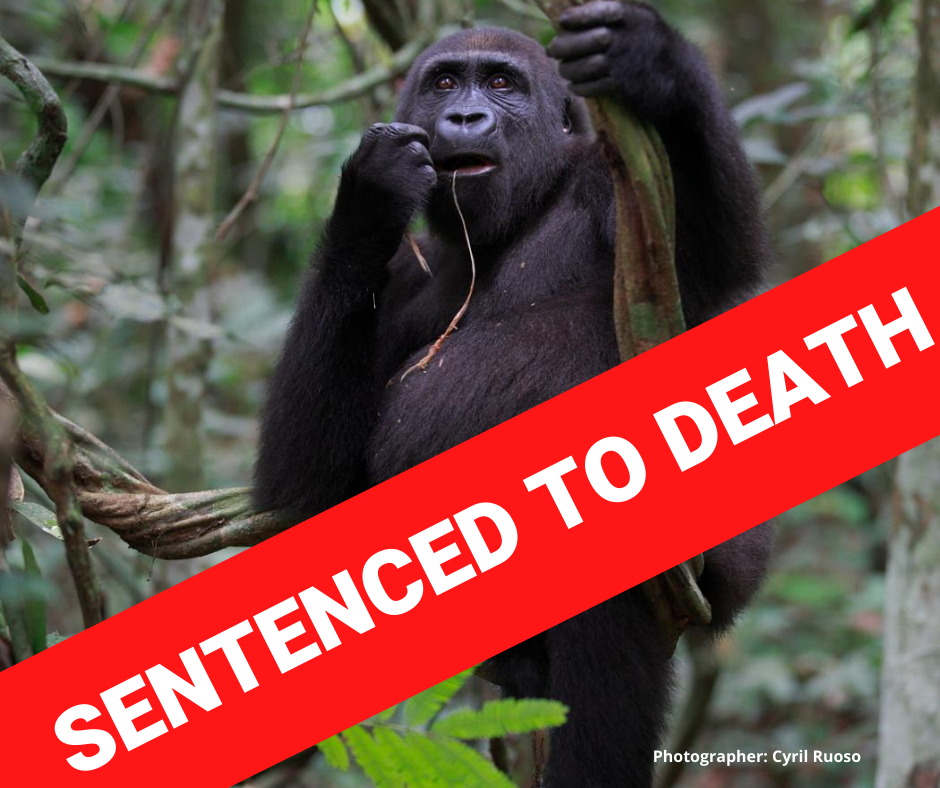
8. Together is better#2: join a party
Mass political party membership became a phenomenon in many countries, such as Britain, only after World War II, but since at least the 1990s, there’s been a declining role for political parties in long-standing democracies and there is widespread public dissatisfaction with political parties in the countries that experienced the “third wave” of democratization from the 1970s through the 1990s.
Party loyalty and membership are dropping everywhere, but parties continue to matter. When moderates grow skeptical or cynical about the political process, it leaves more space for extremists and for leaders to act without accountability or legitimacy. The changes needed in the third decade in the 21st century are enormous and they can only take place if good people take part in partisan politics, including voting and joining a party to influence it from within.
9. Together is better#3: join a union
Globalisation and the free flow of goods meant many people getting jobs and getting out of poverty. The quality of those jobs and the quality of life out of poverty is not as obvious. Just as with NGOs and political parties, claiming a more just work environment becomes more likely when acting together. As with party membership rates, union membership rates have fallen dramatically in recent decades. However, the risks of a world growing more unequal and an unstable job market that will make many of us “useless” means 2021 is the year you should organise: join a union. If it doesn’t exist, set one up on your own.
10. Subscribe to a newspaper
Conspiracy theories and fake news have demonstrated the risks of worldviews and knowledge that are shaped by social media alone. Echo chambers created online have made societies more divided and misinformed. There is no simple answer to this challenge, though one safe action is to give a gift to a loved one (or yourself): an annual subscription to a newspaper (preferably a digital edition). On social media, it is often said that news is free thanks to you being the product. Subscribe to a newspaper to support authoritative, careful and in depth journalism.
11. Rethink the role of big government
After decades of preaching to us the new gospel of neoliberalism, markets have collapsed in 2020 under the pandemic and will be rescued only thanks to government action. Essential workers turned out to be nurses, doctors, social workers and school teachers – not investment bankers or lawyers. Big government and intergovernmental cooperation are going to be essential to overcome the challenges ahead, whether a personal case of sickness or unemployment or a global climate crisis.
12+13. Cherish friends and family and remember what matters most to you
For many, 2020 was a year of extreme isolation from the one we love the most and of longing to see them again. Grandparents and grandchildren were separated by an invisible virus. For others, barred from work travel, 2020 was a unique opportunity to rediscover one’s spouse or children. For too many, 2020 was a year of losing family members and best friends. Let 2021 be a year of health and work-life balance, when we cherish the most important people in our lives.
14. Confide in science
For several years there has been an erosion in the role of hard work over gimmicks and in truth over nonsense. Reality TV stars became more reliable by being “authentic” than professionals and experts. The failure of populist governments to keep citizens healthy on the one hand and the incredible victory of scientists in developing effective vaccines in record-time on the other hand should remind us we should listen to scientists and invest in science to overcome other challenges ahead.
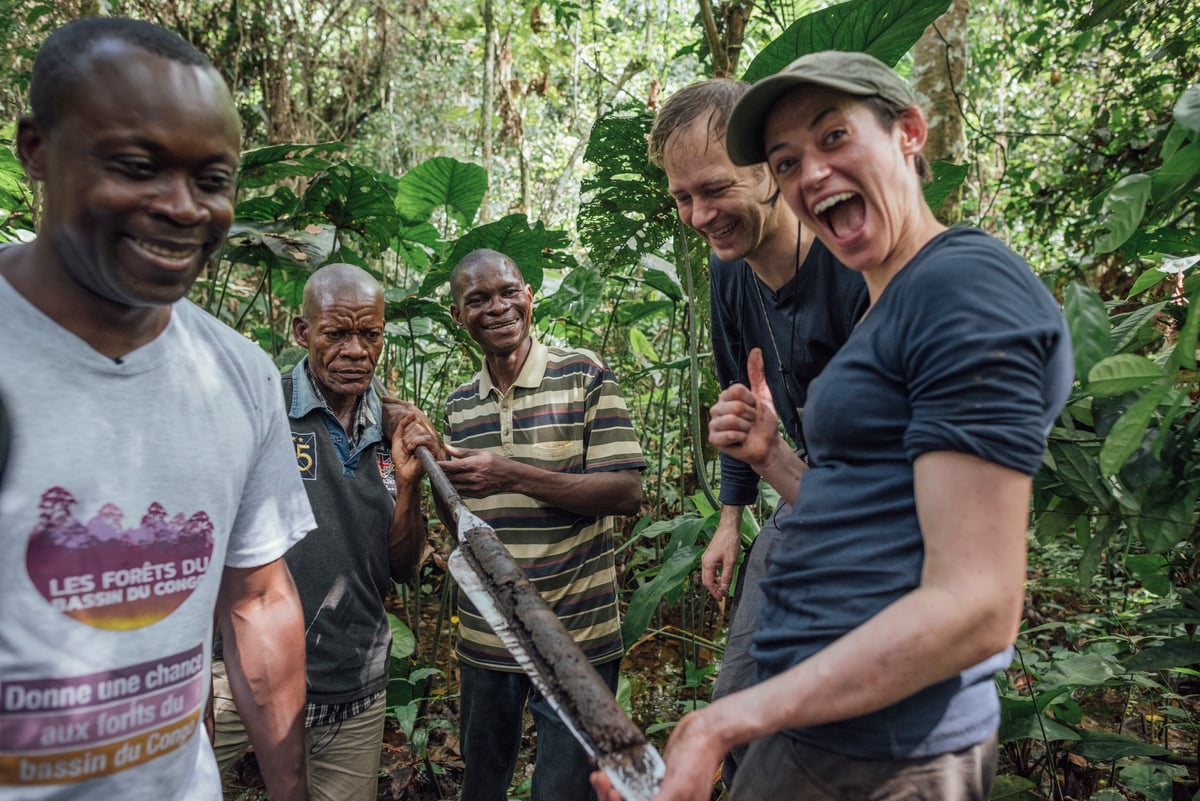
15+16. Give a chance to biodiversity and forests
During the first months of lockdowns, fantastic images of wildlife in cities have captured our attention. As economies reopened, big cats, birds, goats, monkeys and other species have disappeared to their natural habitats. Those habitats are quickly being replaced by expanding cities and converted into industrial plantations. As explained above, some of the worst animal-borne diseases spread more easily through the destruction of those habitats. 2021 must be a year in which nature and the people living in it are protected.
17+18. Walk to your grocery store and cook your meal
There is probably nothing more satisfying, calming and healthy than cooking your own meal. Minimising your intake of restaurant food is also good for your budget and for the planet in the turbulent year ahead. Food waste is one of the biggest sources of waste, period – as China recently recognised. Even better than cooking your meal, is walking to the grocery store and buying local ingredients yourself. This is one small action you can take for your own health and for your local economy and traditions. It is also an important step against the shipping sector, the world’s sixth largest emitter of carbon dioxide, which nevertheless ignores the Paris Agreement on climate change.

19. Learn something new
With the outbreak of COVID-19, decision makers had to take a crash course in epidemiology. Governments and citizens with expertise fare better than others. Rapid transformations in the global market also require transforming ourselves, learning new skills and immersing in new worlds of knowledge. At any age, no matter how settled or busy you are, register to an online course/webinar or even another degree. Education, as Mandela said, is the most powerful weapon which you can use to change the world.
20. Keep the faith
2020 was an enormous challenge, but most of us survived it remarkably well. After two years, the Spanish Flu (the 1918 pandemic) claimed about 50 million lives. After one year, COVID-19 has claimed 1.8 million lives and a vaccine is already being administered. Despite everything that has gone wrong up until now, this is pretty awesome. We owe this progress to those who believed and imagined a better future. For the challenges ahead, keep the faith – in humanity, in God and in a better future.
Tal Harris is the International Communications Coordinator for Greenpeace Africa
 Get Involved
Get Involved
